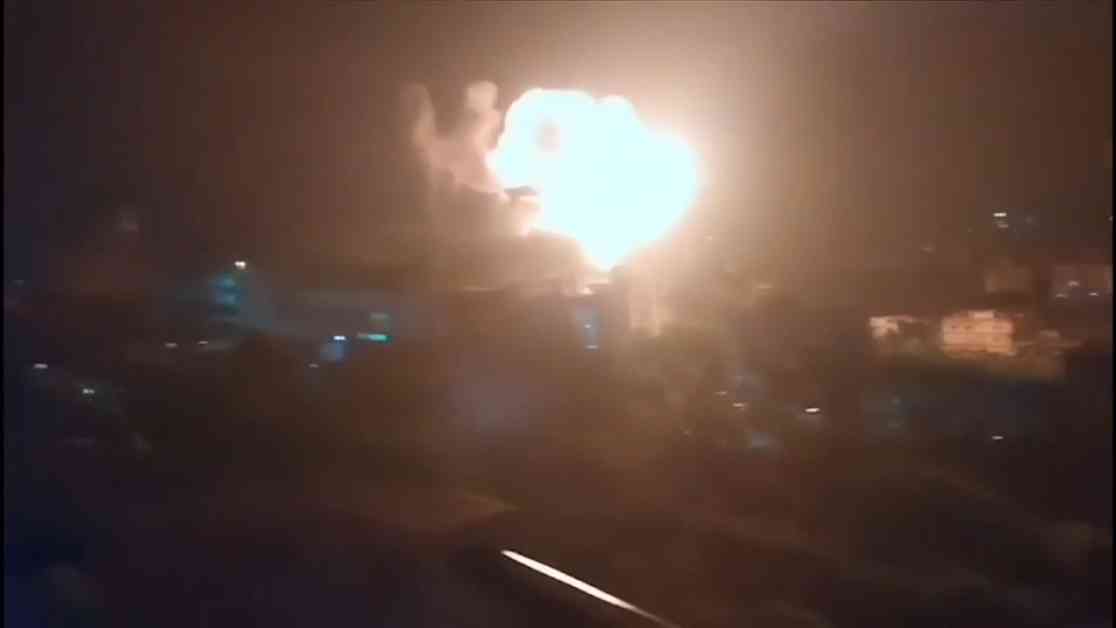Israel has recently completed a series of strikes on Iran, targeting military sites in retaliation for the barrage of ballistic missiles fired by the Islamic Republic earlier this month. The Israeli military stated that its planes have returned safely after striking missile manufacturing facilities used to produce missiles fired at Israel in the past year. These missiles were considered a direct threat to Israeli citizens.
In addition to the missile plants, Israel also targeted surface-to-air missile arrays and other Iranian aerial capabilities that aimed to restrict Israel’s aerial freedom of operation in Iran. Iran has not acknowledged any damage to its military facilities following the strikes.
The attack has heightened tensions between Israel and Iran, potentially pushing the two countries closer to all-out war. The Middle East is already experiencing spiraling violence, with militant groups backed by Iran engaged in conflicts with Israel. This marks the first time Israel’s military has openly attacked Iran, signaling a significant escalation in hostilities.
While initial reports suggested that Israel might target nuclear or oil facilities, Israeli officials clarified that the strikes were aimed at military targets. The Biden administration had reportedly received assurances from Israel that it would not target these critical infrastructures in an attempt to prevent a severe escalation of the conflict.
Explosions were heard in Tehran, the capital of Iran, following the airstrikes. However, there was no immediate information on the extent of damage or casualties. Iranian state media acknowledged the blasts in Tehran and reported sounds of air defense systems in the city. Flight-tracking data showed commercial airlines avoiding the airspace over Iran, Iraq, Syria, and Lebanon.
The U.S. government has been briefed on the situation, with President Joe Biden receiving updates on the developments. The Israeli strike on Iran could have broader implications for the region, potentially drawing the U.S. into the conflict due to its significant troop presence in the Persian Gulf.
The recent escalation between Israel and Iran stems from a series of exchanges, including missile attacks by Iran and subsequent retaliatory strikes by Israel. The ongoing conflict underscores the longstanding animosity between the two countries, rooted in political, ideological, and strategic differences.
As the situation unfolds, the international community is closely monitoring the developments in the Middle East. The shadow war between Israel and Iran has increasingly come to light, raising concerns about the potential for further escalation and the impact on regional stability. Diplomatic efforts are underway to de-escalate tensions and prevent the conflict from spiraling out of control.


